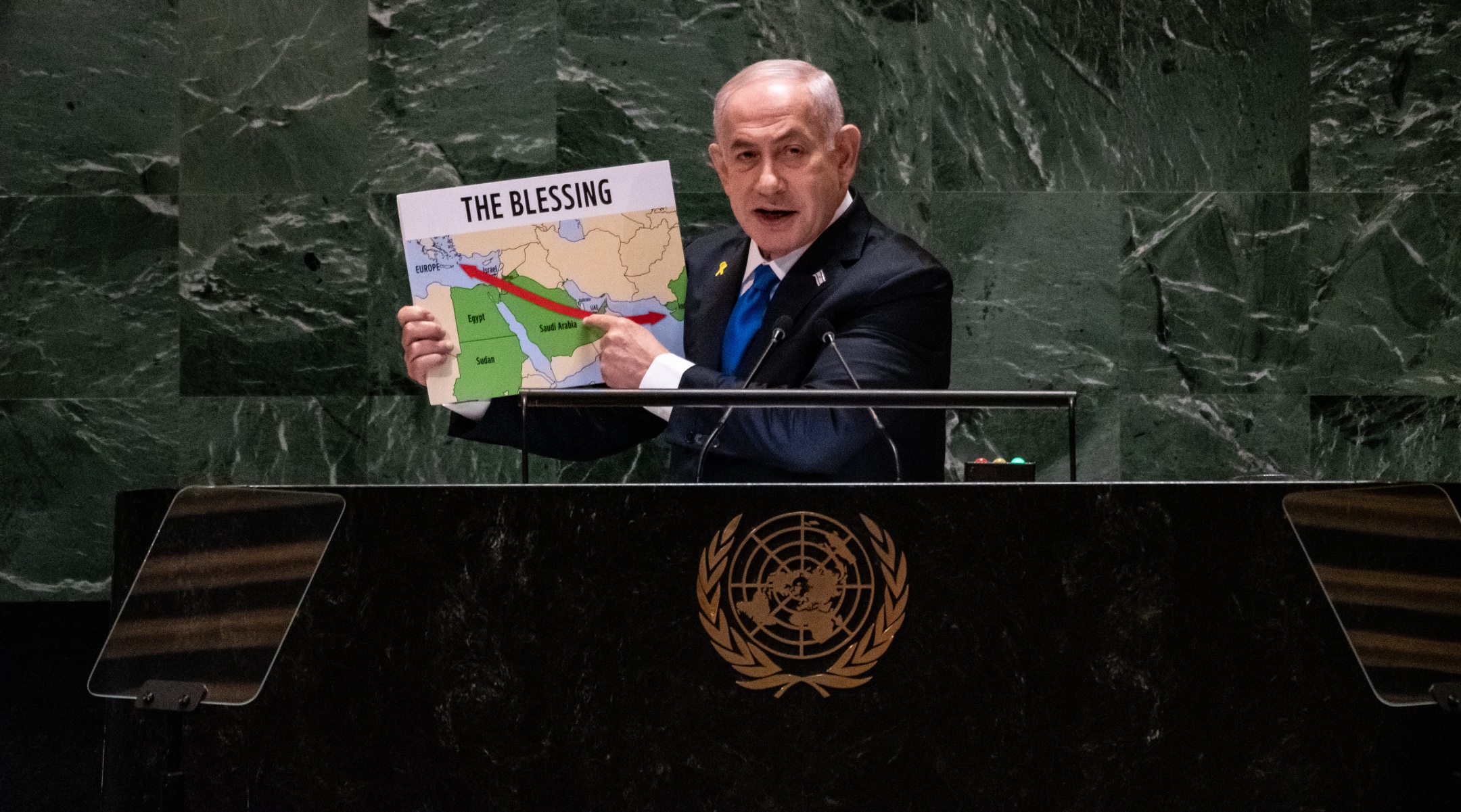Netanyahu Supports Cease-Fire Agreement with Hezbollah Amid Ongoing Conflict
Published on: [Date]
Introduction
In a significant development in the ongoing conflict between Israel and Hezbollah, Israeli Prime Minister Benjamin Netanyahu has endorsed a cease-fire agreement brokered by the United States and France. The proposed deal seeks to halt over 14 months of intense hostilities, yet it awaits final approval from Netanyahu’s security cabinet.
Cabinet Discussions on Cease-Fire
On Tuesday, Prime Minister Netanyahu convened his security cabinet, where ministers engaged in extensive discussions lasting over three hours regarding the cease-fire proposal. Addressing the media during a press conference, Netanyahu outlined his reasoning for backing the agreement, emphasizing three pivotal points: the need to redirect focus toward the Iranian threat, provide Israeli forces with an opportunity to regroup, and isolate Hamas from the northern front.
Strategic Advantages of the Cease-Fire
Netanyahu believes that successfully resolving the conflict with Hezbollah will leave Hamas isolated, allowing Israeli forces to concentrate more effectively on the ongoing hostage crisis stemming from the October 7 attacks. He expressed his commitment to presenting the cease-fire deal for a formal vote before the cabinet later that day.
Details of the Proposed Cease-Fire
The proposed cease-fire aims to be initially effective for two months, during which Hezbollah would be required to withdraw its forces north of the Litani River, approximately 20 miles from parts of the Israeli border. Concurrently, Israeli forces would also retreat from southern Lebanon. Within a 60-day timeframe, Lebanese armed forces are expected to deploy to the border region. To monitor compliance, a committee led by the United States will include representatives from France and three additional nations. The United Nations Interim Force in Lebanon (UNIFIL) will also remain active in the area to oversee the situation.
Israel’s Conditions and Military Actions
A major concern for Israel in the negotiations is the preservation of its right to conduct military operations should Hezbollah violate the agreement. Netanyahu stated firmly, “If Hezbollah doesn’t follow the agreement, we’ll attack.” This assertion underscores Israel’s readiness to defend its interests in a volatile situation.
Earlier on the same day, the Israeli Defense Forces (IDF) reported notable military advancements in southern Lebanon. IDF ground troops reached the Wadi Slouqi area along the Litani River and conducted raids targeting Hezbollah strongholds. The IDF claimed to have discovered substantial weapon stockpiles, dismantled underground facilities, and neutralized active rocket launchers. These operations featured close-quarters combat and intelligence-driven strikes specifically aimed at Hezbollah’s hidden infrastructure.
Escalating Violence and Impact
The hostilities initiated by Hezbollah began on October 8, 2023, in retaliation for a deadly attack by Hamas on southern Israel, which claimed the lives of over 1,200 Israelis and resulted in the abduction of more than 250 citizens into Gaza. The violence has since escalated, with intense Israeli airstrikes across Lebanon and a ground incursion into the southern region. In response, Hezbollah has launched thousands of rockets into Israeli cities, military bases, and towns, including a significant barrage of 250 projectiles just this past Sunday. The relentless fighting has led to the displacement of over 68,000 Israelis living near the Lebanese border.
Recent Strikes and International Reactions
On Tuesday, an Israeli airstrike devastated a residential building in the Basta neighborhood of central Beirut, marking another escalation in the conflict. This incident came just days after similar strikes in the same densely populated area. In tandem, Israel issued evacuation notices for 20 additional buildings in Hezbollah-controlled suburbs of Beirut, hinting at impending strikes, which may take place before the cease-fire becomes effective.
Concerns surrounding Lebanon’s stability were accentuated by European Union foreign policy chief Josep Borrell during a Group of Seven meeting in Italy. Borrell urged Israeli leadership to accept the cease-fire, stating, “Without it, Lebanon will fall apart.” His comments reflect the apprehension many international leaders feel regarding the potential for broader regional instability if hostilities continue.
Israel’s Stance on Violations
In a separate diplomatic effort, Israeli Defense Minister Israel Katz met with U.N. Special Envoy for Lebanon, Jeanine Hennis-Plasschaert. Katz reiterated Israel’s firm demand for strict adherence to the proposed cease-fire, emphasizing that Israel would not tolerate any violations. “Zero tolerance for violations. If you don’t do it, we will… and with great force,” he insisted, sending a clear message regarding Israel’s unwavering stance on compliance.
Conclusion: A Path Forward?
The potential cease-fire, if successfully implemented, represents a critical opportunity to de-escalate tensions in a region fraught with conflict. However, doubts linger regarding Hezbollah’s willingness to comply and Israel’s readiness to respond to any breaches of the agreement. As both sides remain on high alert, the coming days will reveal whether this mediated effort can usher in a semblance of peace amidst lasting uncertainties.
